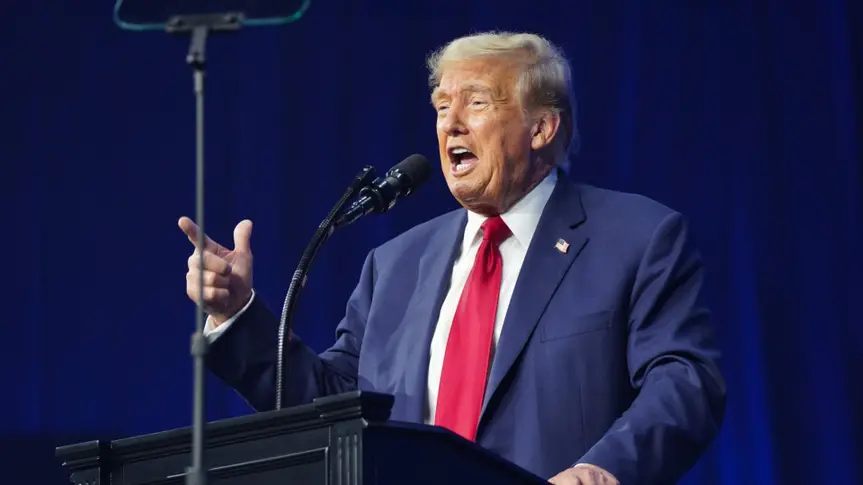As we approach another election season, many Americans are closely examining the presidential candidates’ platforms. Voters are particularly interested in how these platforms might affect their finances.
One of the standout achievements of Donald Trump’s administration was the Tax Cuts and Jobs Act (TCJA) in 2017. This law provided tax relief for individuals and businesses, increasing take-home pay for many Americans. However, many believe that the primary beneficiaries were high-income households. The act also raised the exemption for federal estate taxes, allowing wealthy families to transfer assets with less tax liability.
Advisors are reportedly encouraging Trump to campaign on simplifying the tax system with a flat tax, contrasting Biden’s plans to increase taxes on high earners and corporations.
The Trump administration also significantly reduced regulatory burdens on businesses, which benefited small and medium-sized enterprises run by high-net-worth individuals (HNWIs). These businesses often struggle with the high costs of regulatory compliance.
Trump’s “America First” policy aimed to boost the U.S. economy by focusing on trade and job growth at home. His administration renegotiated trade agreements and imposed tariffs on imports to protect American industries and workers.
Under Trump’s previous term, the stock market saw significant growth. The Dow Jones Industrial Average rose by 56%, driven by tax cuts, deregulation, and pro-business policies. According to LPL Research, this resulted in an annualized gain of 11.8%, the best performance for a Republican president since Calvin Coolidge in the 1920s.
Before the pandemic, consumer confidence reached an all-time high during Trump’s first term. High consumer confidence typically leads to increased spending and investment, which can stimulate economic growth. Repeating this trend in a second term could help millionaires and HNWIs grow their wealth and investments.
Stephen Kates, a Certified Financial Planner and personal finance expert, advises that market performance historically shows little correlation with the president in office. He recommends that investors continue to make decisions based on available information rather than relying on any president to dramatically change the financial landscape.
Also Read:
- Donald Trump Did Not Reduce Taxes for Billionaires and Increase Them for Others
- Kai Trump Opens Up About Grandfather Donald Trump’s Personal Side at RNC
In summary, a Trump presidency could potentially offer several economic benefits for millionaires and those looking to build wealth. From tax cuts and deregulation to strong stock market performance and consumer confidence, these factors could create a favorable environment for high-net-worth individuals. However, it’s essential for all investors to stay informed and make decisions based on solid financial planning rather than political expectations.






